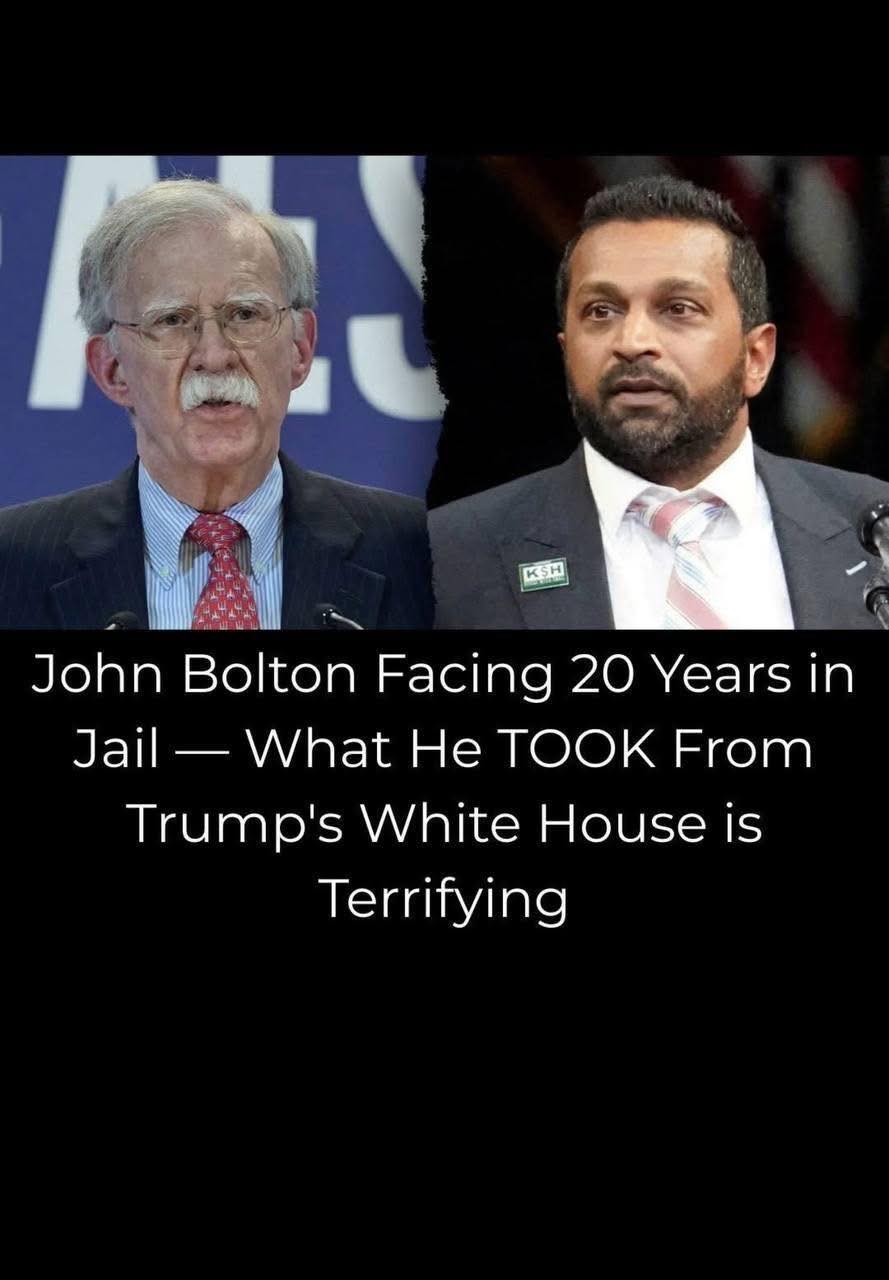Washington, D.C. — Former national security adviser John Bolton has once again found himself at the center of a political and legal storm after federal agents searched his Bethesda, Maryland, home and his Washington, D.C., officelast week. The raids mark a revival of a years-old investigation into whether Bolton mishandled classified materials.
According to officials familiar with the matter, the inquiry had largely gone quiet until recently, when intelligence agencies obtained fresh information through foreign intercepts suggesting sensitive communications had been compromised. Federal prosecutors then secured court warrants authorizing the FBI to move forward with searches.
At present, no charges have been filed, but sources indicate that investigators are reviewing whether Bolton improperly retained or transmitted classified information outside secure government systems.
Background of the Case
Bolton served as President Donald Trump’s national security adviser from 2018 to 2019 before a highly public falling out. Shortly after his departure, Bolton published his memoir, The Room Where It Happened, a book that drew intense backlash from the Trump White House. At the time, the Justice Department tried to block publication, arguing it contained classified material. A federal judge allowed its release but acknowledged that sensitive information may have been disclosed.
That earlier dispute laid the foundation for the current investigation, which has now been revived under Trump’s second administration. Intelligence officials reportedly traced certain intercepted emails and concluded they contained classified content drawn from secure sources.
Official Responses
Following the raids, FBI Director Kash Patel posted on social media: “NO ONE is above the law.” His deputy, Dan Bongino, reinforced that stance, adding: “Public corruption will not be tolerated.”
Bolton, meanwhile, has retained high-profile defense attorney Abbe Lowell, known for representing public figures facing federal scrutiny. In a recent opinion column, Bolton briefly acknowledged the searches while continuing his criticism of Trump’s foreign policy decisions, particularly on Ukraine.
President Trump, speaking to reporters, made no effort to conceal his disdain: “I’m not a fan of John Bolton. He’s really sort of a lowlife. He is not a smart guy. But he could be a very unpatriotic guy. We’re going to find out.”
Political Fallout
The raids have fueled sharp debate in Washington. Supporters of the investigation argue that mishandling classified material is a serious national security risk, especially if foreign intelligence agencies were aware of vulnerabilities. Critics, however, suggest the timing raises concerns about whether the Trump administration is using federal power to target political adversaries.
Bolton’s reputation as a staunch critic of Trump has only heightened the scrutiny. Since leaving the White House, he has frequently voiced opposition to Trump’s foreign policy approach, often appearing in media outlets to argue for a tougher U.S. stance on adversaries like Iran, Russia, and North Korea.
What Comes Next
The Justice Department has not said what items, if any, were seized during the searches, and court filings remain sealed. Analysts note that foreign intercepts rarely prompt such decisive action unless backed by corroborating evidence, suggesting investigators believe they have a strong foundation.
For now, Bolton’s legal team is preparing for the possibility of further action, while federal authorities weigh whether the case warrants indictment.
The outcome could set an important precedent for how aggressively the U.S. government pursues former officials accused of mishandling classified material.
Until then, Bolton — long known for his hawkish views on national security — finds himself on the defensive, caught in a high-profile case that blends questions of law, politics, and personal rivalry.
